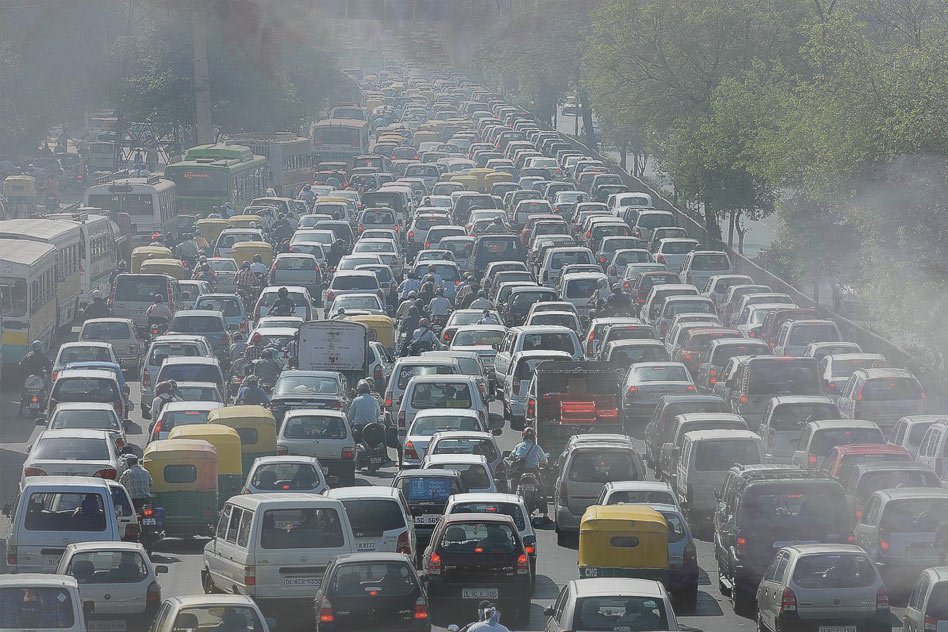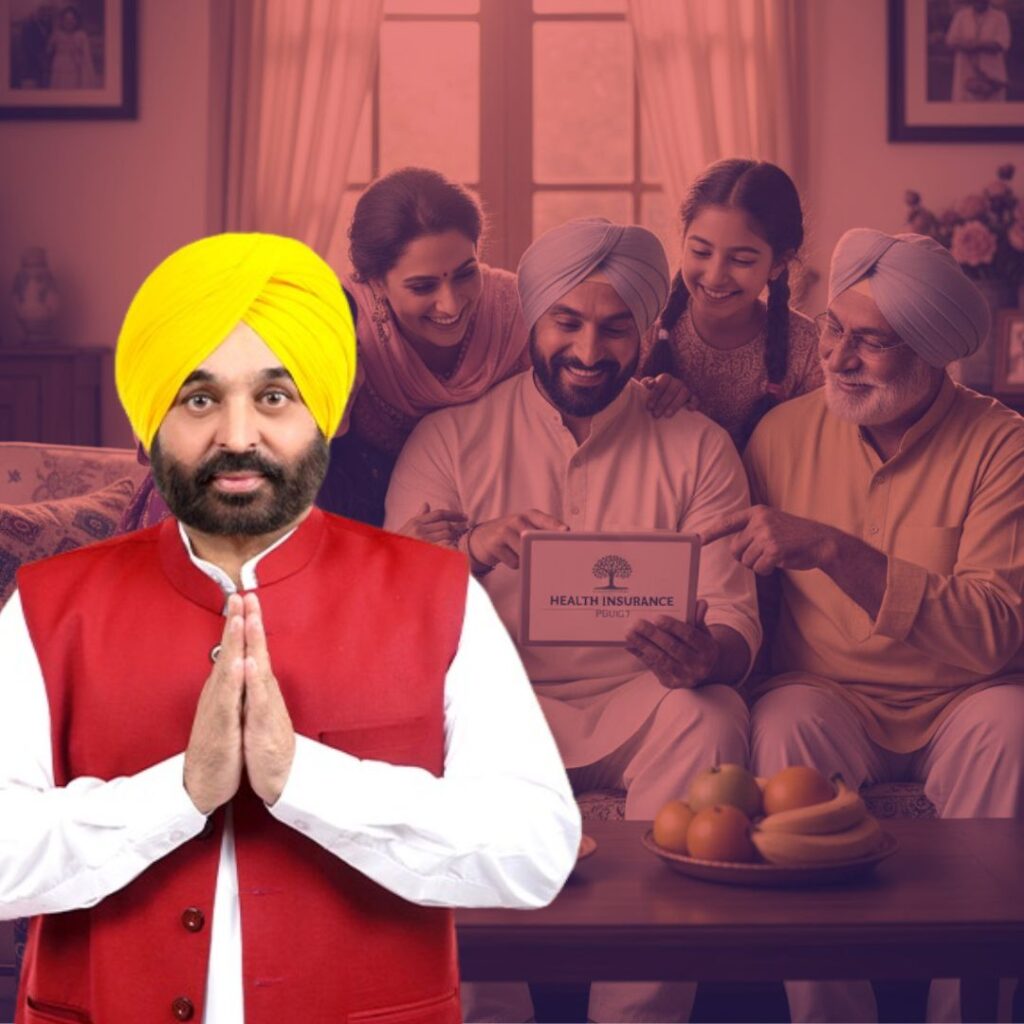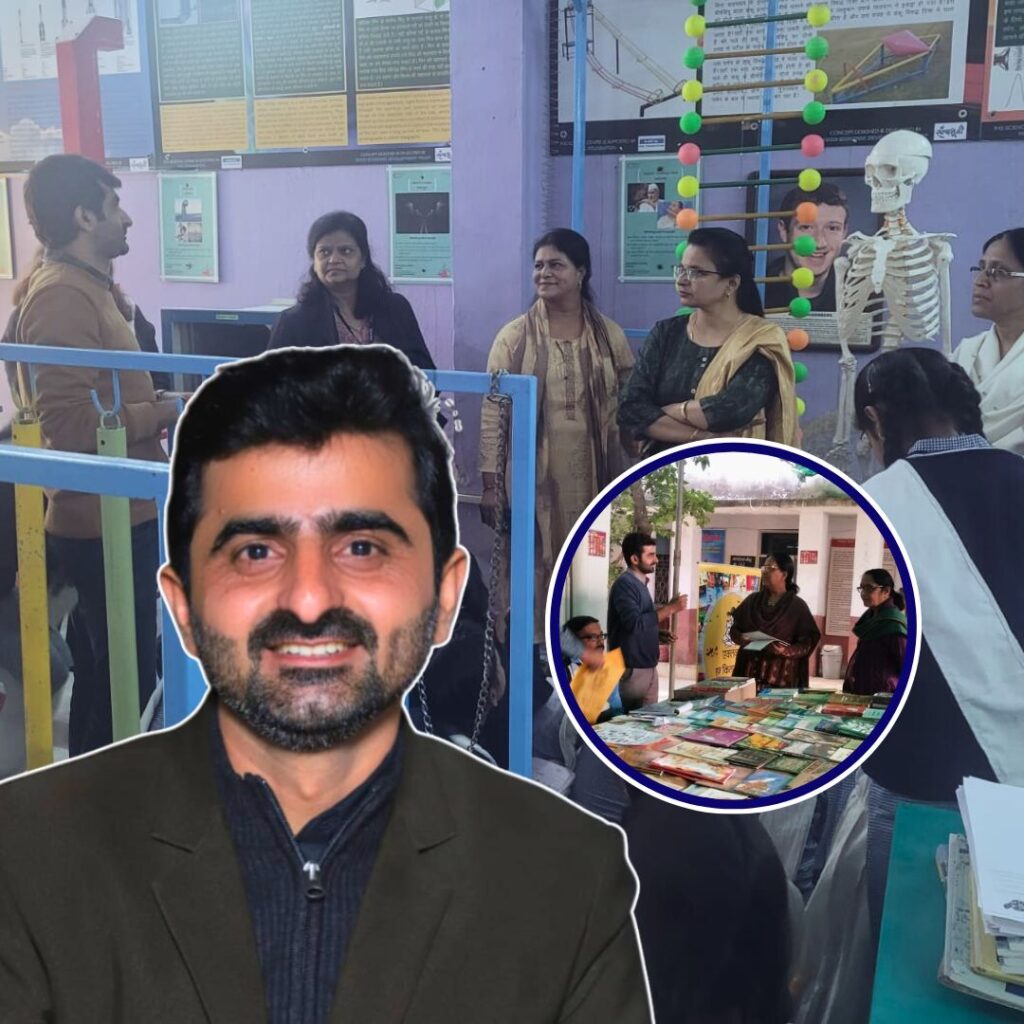Image Source: newsmobile
Delhi government has mooted the idea of ‘Odd-Even Number Plate Car Policy’. It means that the vehicles with plate no. ending with odd and even no. will run on alternative days. The people are outraged with the idea. We will discuss on its feasibility later. Before we discuss it, it is important to know why Delhi and 9 other cities need measures to control pollution as soon as possible, according to WHO, 10 Indian cities rank in the top 15 worst polluted cities in the world. Delhi, Amritsar, Ludhiana, Nashik and Mumbai tops the list and the state and central government must have to give their efforts to solve the problem:
Present condition of Delhi air pollution:
- Delhi is most polluted city in the world. According to WHO, the air in Delhi is twice as much toxic than Beijing which implies that Delhi Citizens are literally breathing poison.
- Recently, Delhi high court while commenting on Delhi’s pollution gave a scathing remark that the level of pollution in Delhi is such that it is like living in a gas chamber.
- PM2.5 is considered is the best indicator of the level of health risks from air pollution. The PM2.5(Particulate Matter) levels are consistently 16-20 times higher in Delhi than the prescribed standard. At the time of the half marathon on 29 November, it was 48 times the limit.
- On 29th November, the day Marathon took place in Delhi, Beijing woke up to a pollution much lesser than Delhi, but not seen in over a year. Beijing’s government immediately issued an alert and ordered factories to stop or reduce production.
Effects of air pollution:
- PM2.5 are minute, carcinogenic particles, which penetrate the lungs, entering straight into the blood stream. Result- permanent lung damage, and 1.3 million deaths annually due to air pollution. That makes air pollution, after heart disease, India’s second biggest killer.
- Premature death in people with heart or lung disease, heart attacks, irregular heartbeat, aggravated asthma, decreased lung function, and increased respiratory symptoms, such as irritation of the airways, coughing or difficulty breathing.
PM2.5 cannot be controlled by planting more trees, because they are tiny particles not gases and cannot be absorbed by plants. These fine particles primarily come from car, truck, bus and off-road vehicle exhausts, other operations that involve the burning of fuels such as wood, heating oil or coal and natural sources such as forest and grass fires.
Odd-Even Number Plate Car Policy
After lambasted by high court and National Green Tribunal(NGT) on rising air pollution, the Delhi government has proposed few solutions:
- Permitting the plying of only odd/even number of vehicles on alternate days in Delhi from 1 January, 2016. (Emergency services like ambulances etc., will be kept out of this).
- Vacuum cleaning of the dust from the roads in Delhi. The agencies are to be appropriately identified and target date for starting vacuum cleaning of the dust from roads shall be 01.04.2016.
- Environment Department/DPCC will consider issuing orders to close the Badarpur and Rajghat Thermal Power Plants, which are contributing in a major way to the air pollution in Delhi.
- The movement of trucks in Delhi will be allowed from 10.30 pm – 11 pm instead of 9 pm.
- There will be strict monitoring of the carrier vehicle entering Delhi. Those without proper Pollution Under Control (PUC) certificates will be fined accordingly.
- Extra buses and metro trains will be added in the commutation network.
- To implement the EURO 6 standards for vehicles in the city by the year 2017.
Coming on the argument of the feasibility of “Odd-Even Number Plate Car Policy”: What The Logical Indian has to say?
It is definitely an unconventional step by the Delhi government and it may be inconvenient to us in some ways. These kind of policies are implemented in developed cities around the world for a short period of time, till the pollution levels come down. Even in countries like US, Australia and New Zealand concepts like HOV lanes exist which is a restricted traffic lane reserved at peak travel times for the exclusive use of vehicles with a driver and one or more co-passengers.
Similarly, Delhi government has proposed that Odd-Even Number Plate Car Policy will be initially implemented for 10-15 days and then a review will be taken. If citizens find it very much inconvenient, Delhi government will scrap it.
This policy has worked in Sao Paulo and Beijing but it might fail in our country, but we must cooperate with the govt. and help them find solutions to curb traffic and air pollution. Even if we have to compromise, we should try to support decisions that would make our lives better in long term. Beijing being one of the most busiest city, can be a benchmark for Delhi in terms of infrastructure requirements and implementing “Odd-Even Number Plate Car Policy”.
Everyone of us has to realise that we need to make changes in our lifestyle and attitude of not giving damn to the environment. The damage we have done to the environment has reached to an irreversible level. If we don’t change ourselves soon, it will be too late.












